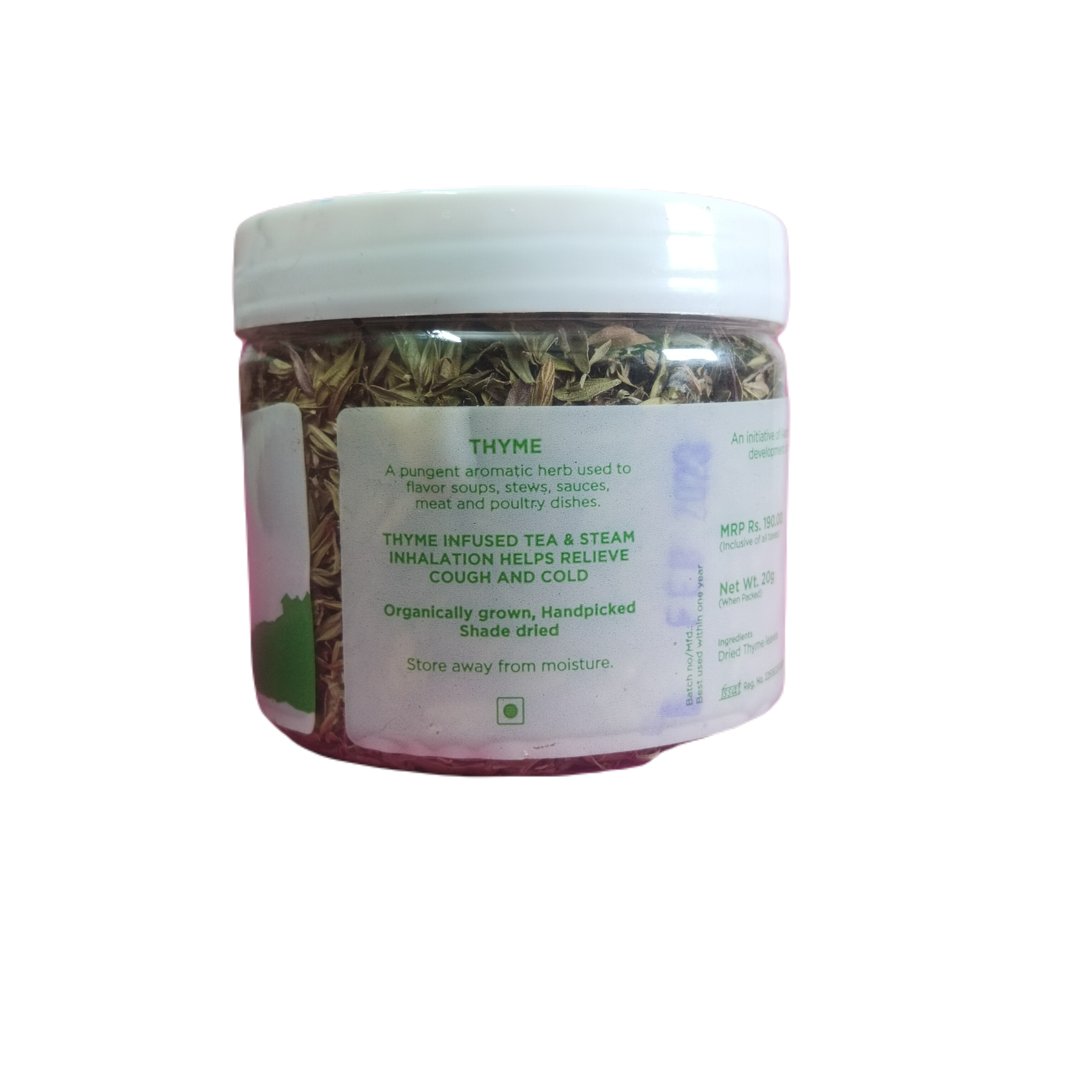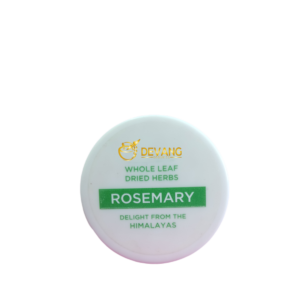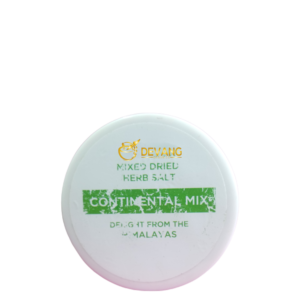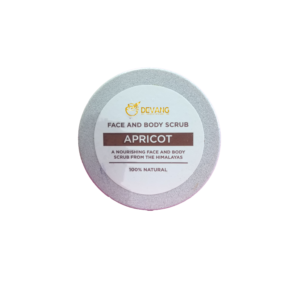Introduction
Thyme (scientifically known as Thymus vulgaris) is a small but mighty herb, renowned for its aromatic flavor, medicinal properties, and versatility. A staple in Mediterranean cuisine and traditional medicine, thyme has been used for centuries to enhance health, flavor, and well-being.
Nutritional Profile
Thyme is a nutrient powerhouse, packed with vitamins and minerals:
Vitamins: A, C, E, and K for immunity, vision, and skin health.
Minerals: Calcium, iron, manganese, and magnesium for bone strength and metabolism.
Phytochemicals: Contains thymol, carvacrol, and flavonoids, which have potent antioxidant properties.
Health Benefits of Thyme
Supports Respiratory Health
Relieves symptoms of colds, coughs, and bronchitis.
Thymol helps soothe sore throats and clears nasal congestion.
Boosts Immunity
High in antioxidants and vitamin C, thyme strengthens the immune system.
Protects against oxidative stress and infections.
Improves Digestive Health
Stimulates the production of digestive enzymes.
Reduces bloating, gas, and indigestion.
Promotes Heart Health
Regulates blood pressure and cholesterol levels.
Improves circulation with its anti-inflammatory properties.
Anti-inflammatory and Antimicrobial
Natural compounds like thymol and carvacrol combat bacterial, viral, and fungal infections.
Useful in treating acne, wounds, and skin irritations.
Enhances Mental Clarity
Improves focus, memory, and mood.
Helps alleviate stress and fatigue.
Rich in Antioxidants
Protects cells from damage caused by free radicals.
Delays signs of aging and supports overall health.
Culinary Uses
Seasoning: Thyme is a classic seasoning for meats, poultry, fish, and vegetables.
Soups and Stews: Adds depth and aroma to broths and stews.
Baking: Pairs well with bread and savory pastries.
Herb Blends: Often used in spice mixes like herbes de Provence and bouquet garni.
Teas and Infusions: Thyme tea aids digestion and soothes colds.
Medicinal Uses
Essential Oil: Used in aromatherapy for relaxation and respiratory health.
Topical Applications: Infused oils or creams to treat skin conditions like acne and eczema.
Herbal Remedies: Decoctions and syrups for cough relief and immunity boosting.
How to Incorporate Thyme in Daily Life
Cooking: Use fresh or dried thyme in your meals for added flavor and nutrition.
Herbal Tea: Brew thyme tea for respiratory health and relaxation.
Skincare: Apply thyme-infused oils for clear and healthy skin.
Aromatherapy: Use thyme essential oil to relieve stress and uplift mood.
Growing Thyme
Thyme is easy to grow and maintain:
Climate: Thrives in sunny, warm conditions.
Soil: Prefers well-draining soil with moderate fertility.
Maintenance: Requires minimal watering and occasional pruning.
Why Choose Thyme?
Thyme is a remarkable herb that bridges the gap between flavor and health. Whether you are a gourmet chef or a wellness enthusiast, thyme offers something special for everyone. Its robust flavor enhances culinary creations, while its medicinal properties support a healthy lifestyle.
Experience the Wonders of Thyme
Discover the timeless benefits of thyme. Elevate your meals, boost your health, and embrace the power of natural living with this versatile herb.







Reviews
There are no reviews yet.